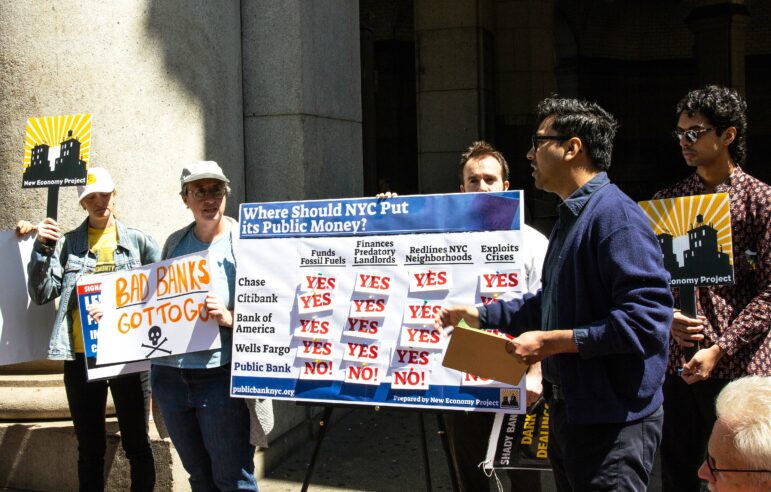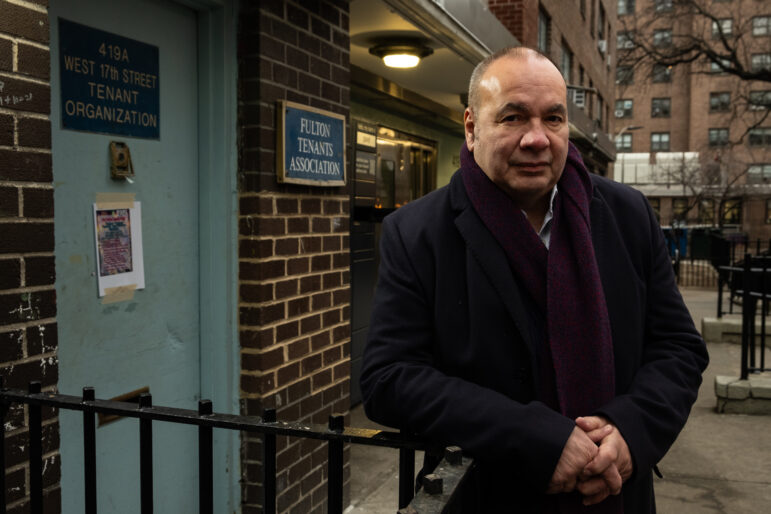A New York State bill that would prohibit doctors and other health professionals from participating in torture or mistreatment of prisoners is edging its way toward passage, which would make it the first state anti-torture law of its kind in the country.
The bill, known as the Gottfried-Duane Anti-Torture Bill, seeks to formally prevent health professionals – including doctors, pharmacists, therapists, nurses and more – from any involvement in torture, including direct participation, evaluating prisoners to develop interrogation strategies, and hiding or ignoring evidence of mistreatment.
The proposed law makes the consequences for participating in prisoner mistreatment explicit, said Dr. Allen Keller, an associate professor of medicine at New York University School of Medicine and director of the Bellevue/NYU Program for Survivors of Torture.
“We like to think of those who would torture as two-headed monsters, but I think it’s actually easier for these things to happen then we’d like to think,” he said. “This gives doctors the fallback to say, ‘I can’t do that, because I could lose my license.’”
In April 2009, the federal government released reports documenting the involvement of physicians in “enhanced interrogation,” the label the Justice Department and Central Intelligence Agency applied to waterboarding and other controversial techniques used to obtain information from detainees.
“Whether you think waterboarding is ‘enhanced interrogation’ or torture, we should not be sending young people to medical school and giving them a license to practice healing so they can help a CIA agent or prison guard inflict pain and suffering,” said one of the bill’s sponsors, Assemblyman Richard Gottfried, a Democrat representing District 75, in Manhattan.
The bill passed the Assembly’s Higher Education committee last week, and is now before the Codes committee. In the Senate it is before the Health committee, of which the bill’s other sponsor, Senator Thomas Duane, also a Democrat from Manhattan, is the chairman. It has 41 sponsors in the Assembly, but with time running short – the last scheduled day of the legislative session is June 21 – its prospects are uncertain.
Supporters are calling for prompt passage.
“If somebody has tortured, they don’t deserve to be practicing in a healing profession,” Dr. Keller said.
Endorsing the bill are a host of human rights groups and professional organizations including the New York State Psychological Association, the New York chapters of the National Association of Social Workers and the American College of Physicians and the New York State Nurses Association.
A spokeswoman for the Medical Society of the State of New York, which represents 30,000 health professionals, said the group is still reviewing the bill. The American Medical Association, the country’s largest medical association, does not typically advocate for or against state legislation. Still, it has formal policies that prohibit participation in torture and direct involvement in interrogations.








